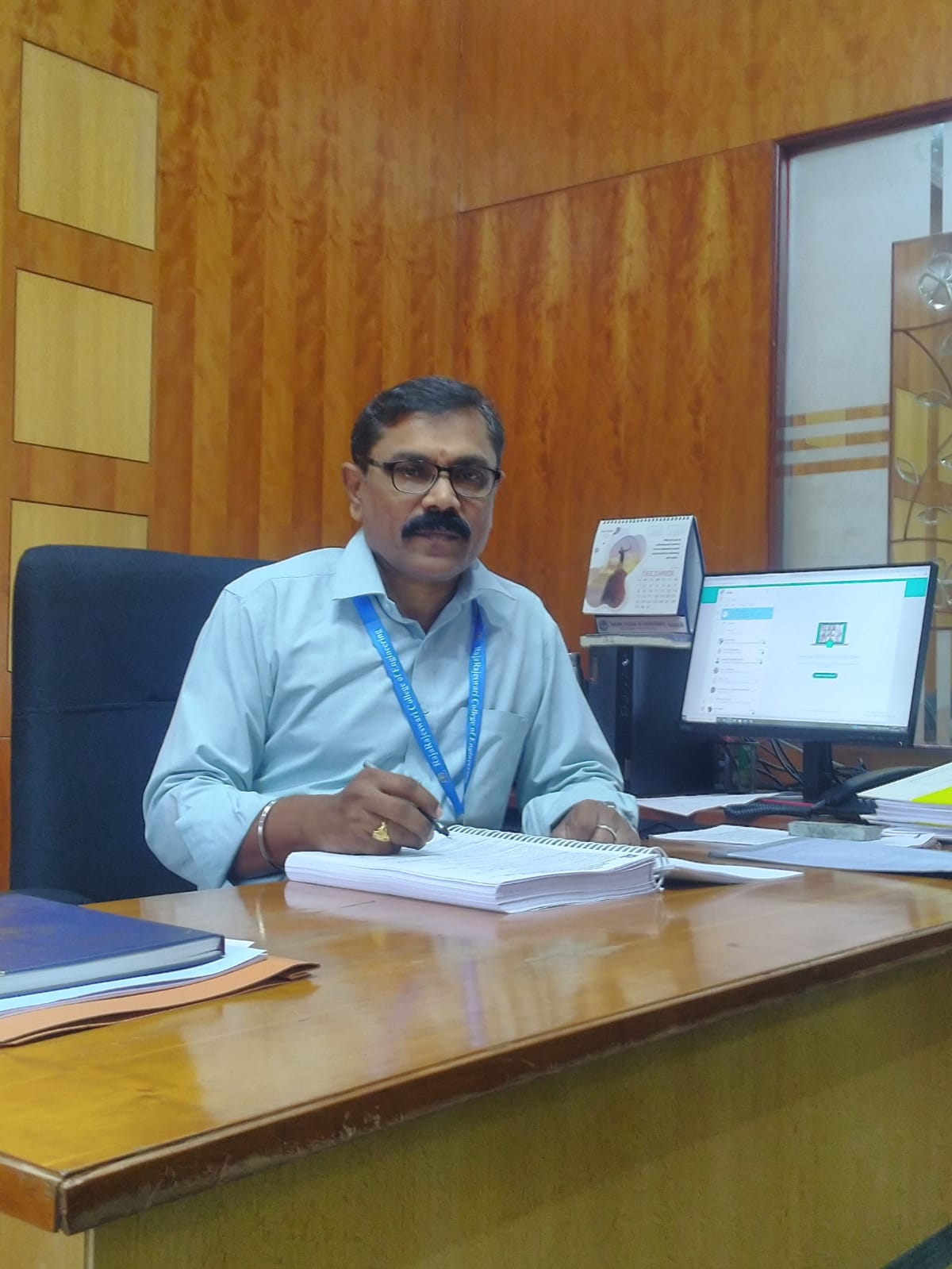About Dean Office
Overview
Higher education in India is undergoing a remarkable transformation. The University Grants Commission (UGC) has been emphasizing on outcome-based education, rather than the traditional exam-centric educational system which was followed in our country for centuries. In outcome-based education, the real learning outcomes of students are measured in an objective manner mainly to ensure that our higher education system is more accountable and quality-oriented.
Rajarajeswari College of Engineering attained the prestigious Autonomous status from Visvesvarya Technological University, Belagavi in 2024. RRCE has revamped the curriculum and implemented major changes in the curriculum delivery to a very large extent. Now, the emphasis is on comprehensive continuous learning rather than rote and exam oriented learning. This results in students spending more time in the laboratories than in the classrooms, submission of mini-projects for assessment has been made mandatory. This in turn helps the students in applying the theoretical concepts learnt by them.
We believe that the education received at our institutions, must translate into excellent career and job prospects for our students. At RRCE, we always work very closely with varied industries, to fulfill the job aspirations of our students. In addition to having an excellent placement department, we closely collaborate with varied industries at different levels. We encourage the industries in turn to play an active role as our partners in education.
The present focus of RRCE is to improve the laboratory infrastructure by bringing new industry relevant technology to enable higher level of learning in students, foster integrated learning by providing multiple industry relevant interfaces, enable students to take up industry relevant projects and encourage faculty to take up research by providing ability to add customer logic.
As a part of institutional social responsibilities, institutes should incubate technological startups by providing facilities such as office space, technology and lab support, infrastructure support, industry interface, exposure to the investor community, financial management support, legal support on Intellectual Property Rights and Patents, and other such assistance so that the start-ups can get guidance and mentoring during the incubation to overcome the initial hurdles with ease in starting the business. These centers can bridge the gap between industries and educational institutions. Students collaborate with companies on campus for internships and projects and develop technological products which can have an impact on industry and society. Efforts are on to start an incubation center in the institute. GAT Incubation Center envisages to have tie-ups with industries/ alumni/ multinational companies/ institutes of repute through which the activities of incubation can be strengthened. The institute has already signed Memorandum of Understanding (MOU) with reputed industries and Prestigious institutions.
Finally, ever since we gained autonomy, we have ensured that a sizeable number of constructive changes have been made to the traditional curriculum in creating a word-class curriculum and a stimulating learning environment as well.
Dean Functions
Functions of Examination section:













